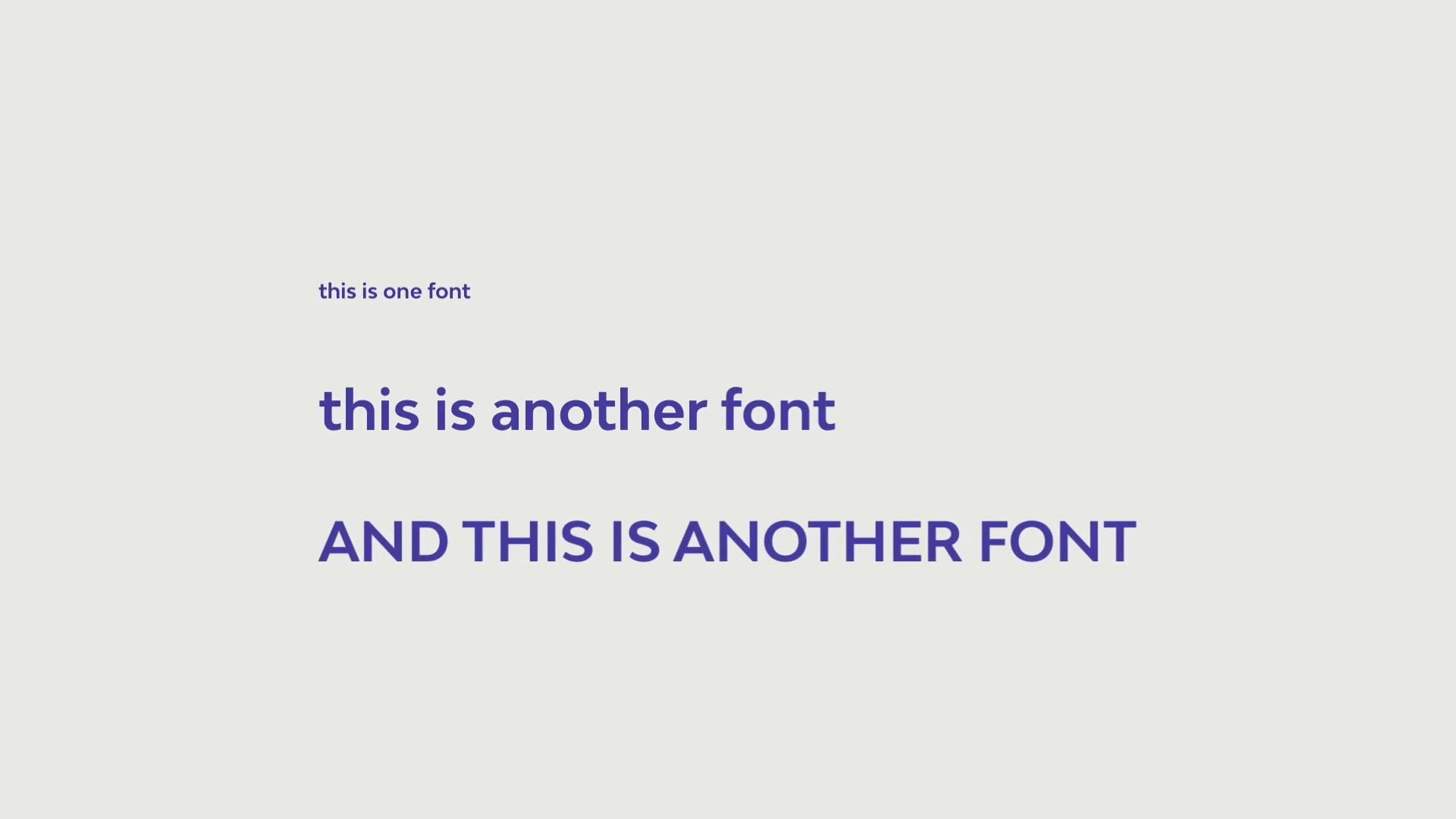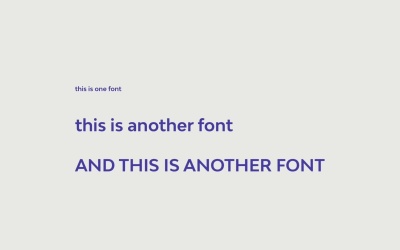- Overview
- Transcript
1.3 Typeface vs. Font
A common mistake when talking about type is mixing up these two terms. The distinction between these two terms can be slightly confusing, so let’s talk about the meaning of "typeface" vs. "font".
Featured Photo
Related Links
1.Introduction3 lessons, 06:46
1.1Introduction00:53
1.2A Brief History of Type04:27
1.3Typeface vs. Font01:26
2.Type Classification and Type Families3 lessons, 15:13
2.1Type Classification09:44
2.2Type Families02:46
2.3Font File Types02:43
3.Legibility and Readability3 lessons, 08:33
3.1Legibility and Type Anatomy02:45
3.2Readability and Typesetting Basics03:33
3.3Common Typesetting Mistakes02:15
4.Choosing Fonts and Font Combinations2 lessons, 06:30
4.1Choosing the Right Fonts03:31
4.2Font Combinations02:59
5.Conclusion1 lesson, 01:16
5.1Conclusion01:16
1.3 Typeface vs. Font
[MUSIC] Hi and welcome back to the ultimate guide to typography. In this lesson, we will look at the difference between typeface versus font. Before we start with more typography, it is important to clarify the difference between typeface and font. These two words are used interchangeably and while they're both type-related, there is much confusion as to their actual definition. The difference between a font and a typeface has its roots in the history of printing. The word comes from the French Fonte, which means cast in metal. Printers cast complete sets of metal letters to make up a font. Fonts with a common design made up a typeface. So fonts were divided by size and upper and lowercase, each was a different font. When digital typesetting came into play, many of the old printer terminology was maintained. Computers only need a single file to render an entire typeface. Each letter being completely scalable. On computers, the file contains enough data to scale it. So a typeface describes characters that share the common features. For instance, Helvetica is a typeface and Arial is another typeface. Our font is a particular style, weight and size within a typeface. We hope that with this lesson, now it's clarified the difference between typeface and font. In the next lesson, we will look at the type classification categories. We'll see you there.







